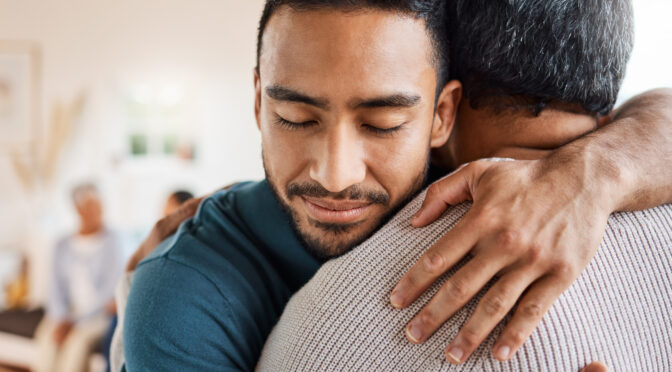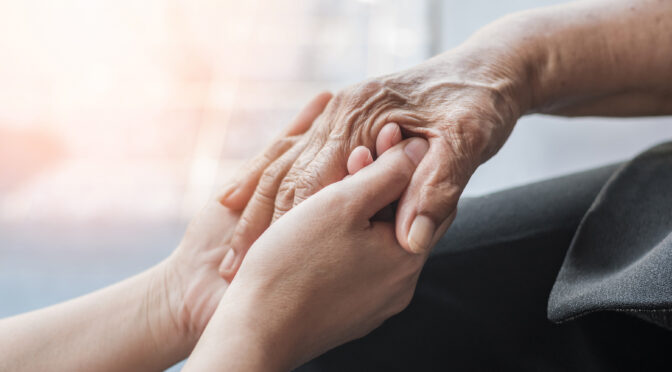When a loved one is going through cancer treatment, they’ll need support from friends and family. Knowing how to help them can be tough to do, especially if you’ve never been in this situation before. The following tips can give you some ideas on how to support cancer patients.
Offer to Do Errands
Some types of treatments, such as chemotherapy, can take a toll on your loved one’s energy levels. They might find it difficult to take care of errands, especially if they involve leaving their home and going out and about. Offer to handle grocery shopping, do loads of laundry, or run other errands for your loved one. These simple gestures can go a long way toward easing their stress.
Go to Appointments with Your Loved One
Some treatment approaches can cause brain fog or other cognitive problems for your loved one. This can make it harder for them to process information and make decisions during cancer care appointments. Offer to go with your loved one to these appointments and take notes for them.
Prepare a Bunch of Meals
Eating well is important for people who are being treated for cancer. However, cooking can be difficult to do when they have low energy levels and a poor appetite. Prepare nutritious meals for your loved one ahead of time, so they’ll have plenty to eat without having to do any cooking.
Spend Quality Time with Your Loved One
Helping someone with cancer involves more than handling practical tasks. Spend time talking with your loved one, watching movies together, or doing other activities they enjoy.
If you’re exploring cancer treatment options with your loved one, please contact Issels® for more information on immunotherapy. We can give you more details on this type of treatment approach and our immunotherapy clinics.






